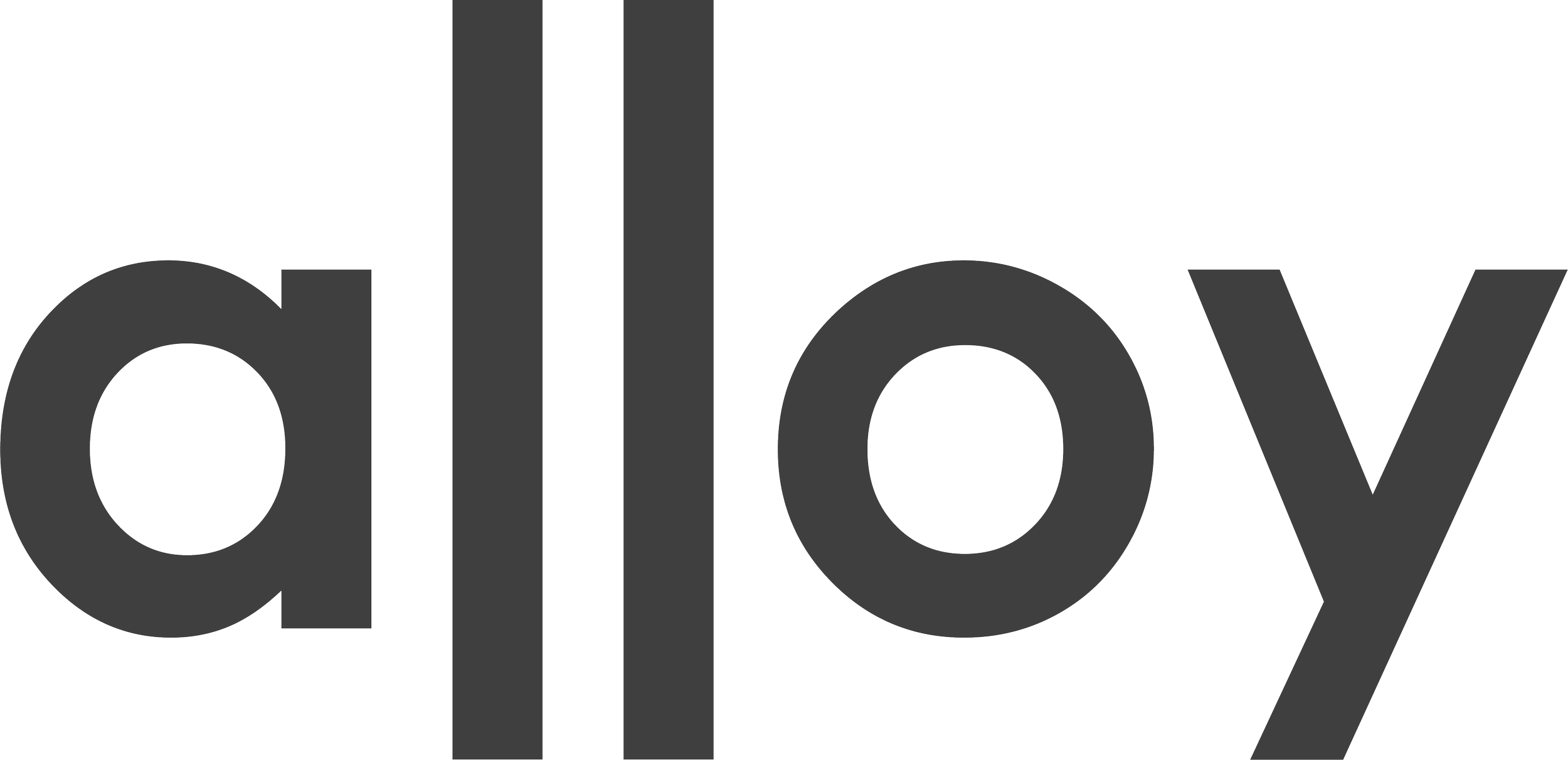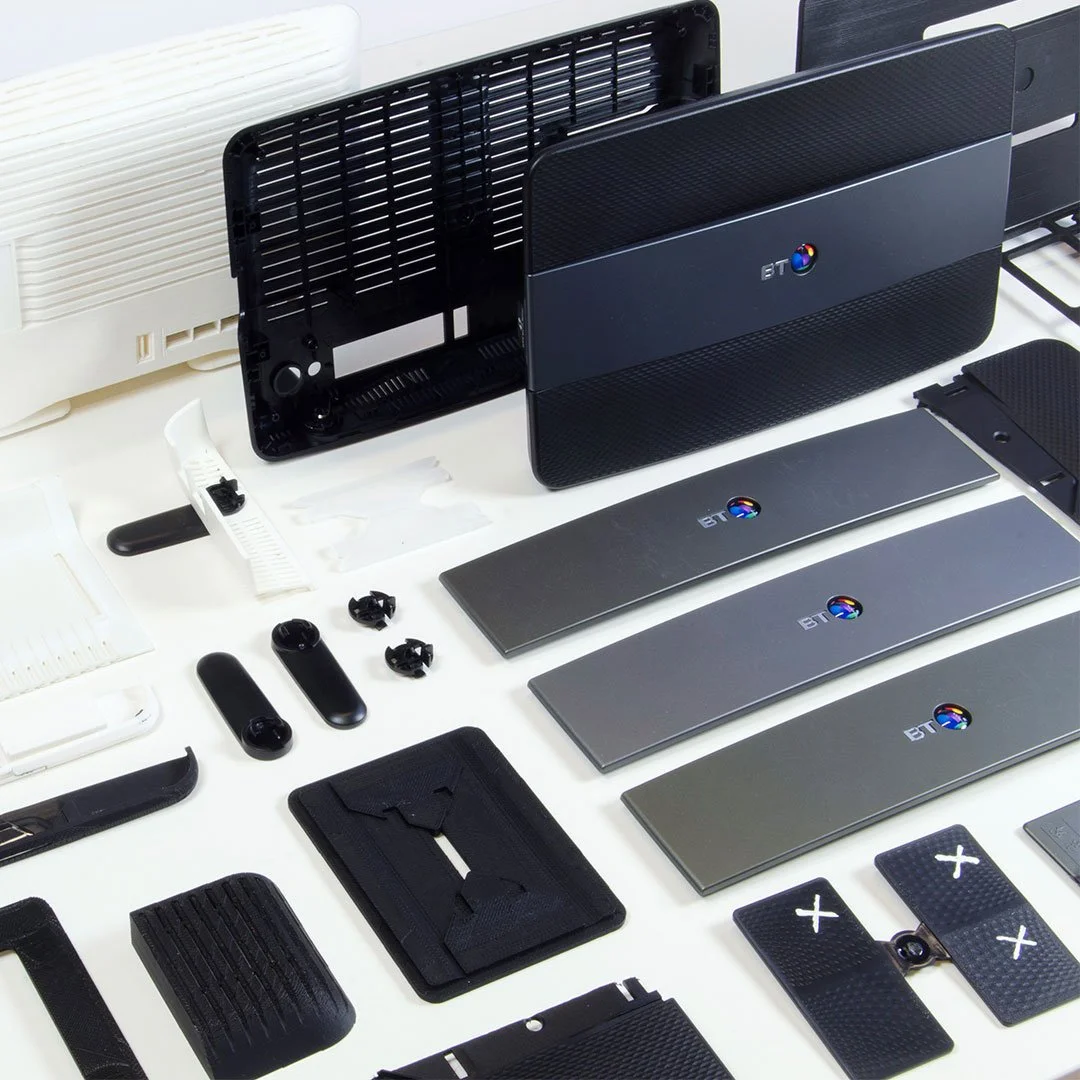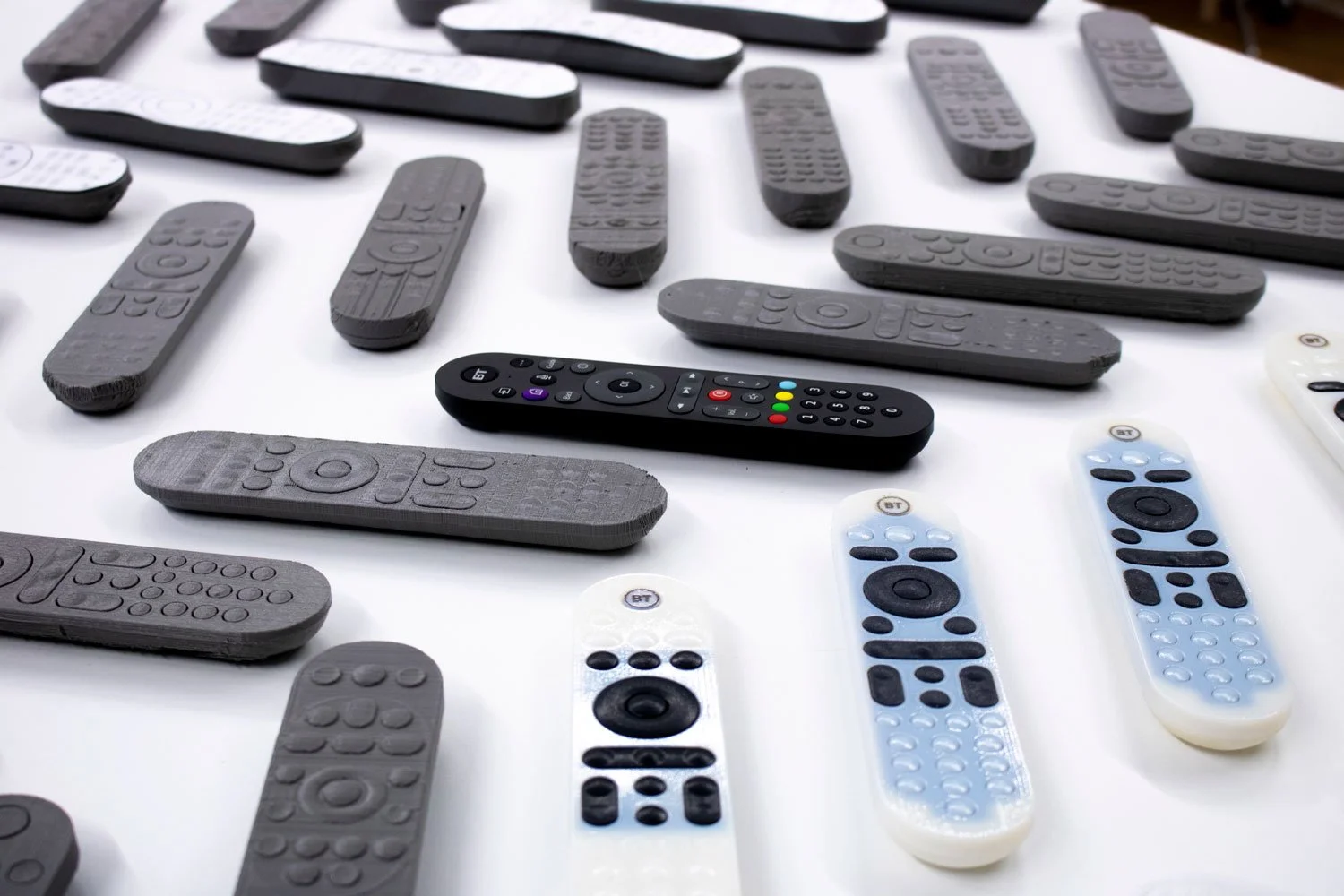How Much Does It Cost to Create a Prototype? A Practical Guide
When it comes to bringing an idea to life, prototyping is essential—and it doesn’t come cheap. A simple prototype might cost as little as £100, but a high-fidelity, production-ready version could surpass £30,000. Why such a range? Costs depend on factors like design complexity, functionality, and production readiness. Prototyping is about more than just visualising your product; it’s about testing, validating, and reducing risk at each step.
Prototyping involves making critical choices. Do you need a quick, interactive mock-up, or a fully functional alpha model ready for manufacturing? Each stage—from Concept Design, starting at around £1,000, to Manufacturing Set-Up, costing upwards of £30,000—requires unique materials, processes, and investments. Every pound spent is an investment in mitigating business, technical, and production risks.
In this guide from Alloy Design Agency, we break down everything you need to know about prototype costs in 2024. We’ll cover key cost drivers, budgeting tips, and each stage—from early sketches to production-ready models. Whether you're a startup creating a first iteration or a company gearing up for mass production, understanding these costs upfront will help you make informed, strategic decisions.
Understanding Prototype Costs
What Contributes to Prototype Costs?
Prototype costs can range widely based on design complexity, material choices, and prototype type—whether it’s a 3D-printed model, an electrical device, or an app prototype. Understanding where your project fits within this spectrum will help you budget more effectively.
How Prototype Costs Are Estimated
Each stage of development has unique tasks and associated risks. As you progress from initial concept sketches to fully functional alpha prototypes, costs rise in line with the increasing complexity and precision required.
Typical Prototype Costs by Type and Stage
Concept Design (Starting at £1,000)
In this initial phase, simple models are created to explore user experience and collect early feedback.
Design Engineering (Starting at £5,000)
Here, bench model prototypes are developed to refine engineering details and tackle physical challenges such as thermal or stress tolerances.
Prototype & Test (From £10,000)
This stage delivers a fully functional prototype, allowing for critical testing to assess technical, business, and production risks.
Manufacturing Set-Up (Starting at £30,000)
A high-fidelity, production-ready prototype is created, ideal for small-scale manufacturing and final validations.
Managing Prototyping Budgets
How to Save on Prototyping
Lowering prototyping costs starts with strategic planning and early risk assessment. Select a prototype type that aligns with your immediate needs and development phase to avoid unnecessary expenses.
Payment Structures for Prototypes
Prototyping payments are typically phased, allowing you to make adjustments based on feedback and project evolution, keeping your budget flexible and responsive.
Next Steps in Prototyping
Getting Started: Steps to Begin a Prototype
Alloy Design Agency provides consultations to help you outline your vision, goals, and budget. We’ll guide you from concept to final prototype, ensuring each phase aligns with your product’s unique needs. Start your prototyping journey with expert insights tailored to bring your idea to life.
FAQ about How to Get Your Prototype Made: A Practical Guide
Q: What’s the most affordable type of prototype to start with?
A: The most budget-friendly prototypes are basic models like 3D-printed or foam mockups, typically starting around £100. These are ideal for early concept testing, helping you visualize the product's basic shape and features without investing in expensive materials or functionality. Such prototypes are perfect for gathering initial feedback before advancing to more complex stages.
Q: How long does it take to create a prototype?
A: Timelines can vary widely based on complexity. An initial concept model may take just a week, suitable for early-stage feedback and idea refinement. However, fully functional prototypes that incorporate all design, engineering, and usability requirements often take between 4-6 weeks. This extended timeframe allows for detailed testing and adjustments, which are critical before moving to production.
Q: Do I need multiple prototypes?
A: This depends on the product and its complexity. Many products benefit from multiple prototype iterations, especially when the design needs refinement or when testing for market fit is essential. Iterative prototypes can progressively incorporate new features, refine engineering requirements, and address user feedback, ultimately resulting in a more polished final product.
Q: What’s the benefit of investing in a high-cost prototype?
A: Investing in a high-cost, high-fidelity prototype provides a realistic, production-ready model that can significantly reduce business and technical risks. Such prototypes allow for thorough testing of complex functions, design validation, and manufacturing feasibility, ensuring that costly mistakes are minimized before full-scale production. For products with complex functions or high market expectations, this investment can offer a strong return by boosting quality and reliability.
Q: How can I lower my prototyping costs?
A: Early-stage planning and careful decision-making can help manage costs effectively. Define your prototype’s purpose at each stage and focus on essential features that need testing. Opt for cost-effective materials and simpler mockups for initial iterations, and save high-fidelity materials and designs for later stages when the product concept is more refined. Clear communication with your design agency can also prevent scope changes that drive up costs, keeping your project within budget.
With the right plan—and the right team behind you—you can bring your vision to life. If you’re ready to take the next step, we’d love to help. Get in touch with us at Alloy, and let’s make your product a reality!


